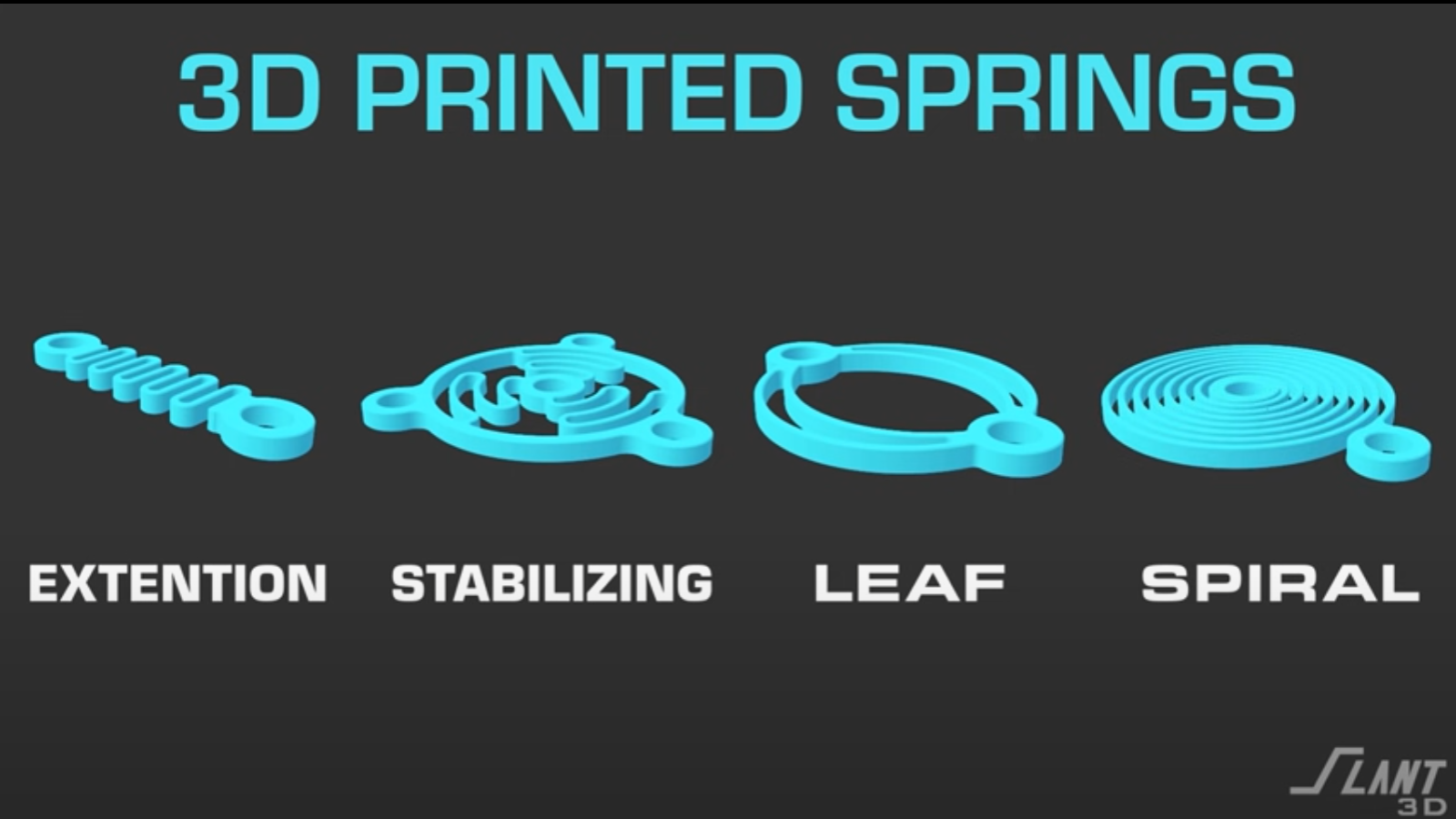Platform Engineering: The Next Evolution of DevOps Teams
The way we build and manage software infrastructure is undergoing a massive shift. If you're still thinking in traditional DevOps terms, you might already be behind. The new game-changer? Platform Engineering. Here's why it matters—and how you can prepare your teams to not just survive but thrive. What Is Platform Engineering? Imagine giving your developers superpowers: Tools, workflows, environments, and infrastructure, all standardized and reusable, delivered as a product. That’s platform engineering in a nutshell. It focuses on building internal platforms that simplify the software development lifecycle, letting devs focus on shipping features—not wrestling with infrastructure. Why DevOps Alone Is Not Enough Anymore DevOps promised collaboration between development and operations, but in many organizations: Developers are still overwhelmed by complex cloud setups. Ops teams are stretched too thin, firefighting instead of innovating. Tool sprawl leads to messy, unscalable workflows. Platform Engineering fills this gap by productizing infrastructure. It creates a paved path for developers, reducing cognitive load and boosting velocity. What Does a Platform Engineering Team Do? Here’s what a typical platform engineering team might own: Infrastructure as Code (IaC) setup using tools like Terraform or Pulumi CI/CD pipelines, pre-baked and battle-tested Developer self-service portals Observability tooling baked into the stack Kubernetes clusters pre-configured for security and scalability Sample: Need to spin up a new microservice? With a solid platform in place, a dev can just run something like: npx create-service --name=auth-service --template=microservice-node Boom. Instant environment, pipelines, observability, and infra ready to go. Real Benefits You Can’t Ignore 1. Developer Productivity: No more “How do I configure this pipeline?” or “What are the security policies for staging?” 2. Standardization: Every team uses the same best practices, enforced by the platform. 3. Faster Onboarding: New devs can deploy on Day 1—because the platform handles the heavy lifting. 4. Resilience: Platforms ensure things like logging, monitoring, and secrets management are baked in—not bolted on. Tools Powering Platform Engineering (That You Should Explore)

The way we build and manage software infrastructure is undergoing a massive shift.
If you're still thinking in traditional DevOps terms, you might already be behind.
The new game-changer? Platform Engineering.
Here's why it matters—and how you can prepare your teams to not just survive but thrive.
What Is Platform Engineering?
Imagine giving your developers superpowers:
Tools, workflows, environments, and infrastructure, all standardized and reusable, delivered as a product.
That’s platform engineering in a nutshell.
It focuses on building internal platforms that simplify the software development lifecycle, letting devs focus on shipping features—not wrestling with infrastructure.
Why DevOps Alone Is Not Enough Anymore
DevOps promised collaboration between development and operations, but in many organizations:
Developers are still overwhelmed by complex cloud setups.
Ops teams are stretched too thin, firefighting instead of innovating.
Tool sprawl leads to messy, unscalable workflows.
Platform Engineering fills this gap by productizing infrastructure. It creates a paved path for developers, reducing cognitive load and boosting velocity.
What Does a Platform Engineering Team Do?
Here’s what a typical platform engineering team might own:
Infrastructure as Code (IaC) setup using tools like Terraform or Pulumi
CI/CD pipelines, pre-baked and battle-tested
Developer self-service portals
Observability tooling baked into the stack
Kubernetes clusters pre-configured for security and scalability
Sample: Need to spin up a new microservice?
With a solid platform in place, a dev can just run something like:
npx create-service --name=auth-service --template=microservice-node
Boom. Instant environment, pipelines, observability, and infra ready to go.
Real Benefits You Can’t Ignore
1. Developer Productivity:
No more “How do I configure this pipeline?” or “What are the security policies for staging?”
2. Standardization:
Every team uses the same best practices, enforced by the platform.
3. Faster Onboarding:
New devs can deploy on Day 1—because the platform handles the heavy lifting.
4. Resilience:
Platforms ensure things like logging, monitoring, and secrets management are baked in—not bolted on.
Tools Powering Platform Engineering (That You Should Explore)












































































































































































![[The AI Show Episode 146]: Rise of “AI-First” Companies, AI Job Disruption, GPT-4o Update Gets Rolled Back, How Big Consulting Firms Use AI, and Meta AI App](https://www.marketingaiinstitute.com/hubfs/ep%20146%20cover.png)


























































































































![[DEALS] Internxt Cloud Storage Lifetime Subscription: 10TB Plan (88% off) & Other Deals Up To 98% Off – Offers End Soon!](https://www.javacodegeeks.com/wp-content/uploads/2012/12/jcg-logo.jpg)


![Ditching a Microsoft Job to Enter Startup Purgatory with Lonewolf Engineer Sam Crombie [Podcast #171]](https://cdn.hashnode.com/res/hashnode/image/upload/v1746753508177/0cd57f66-fdb0-4972-b285-1443a7db39fc.png?#)













































































































































































































































![[Fixed] Gemini 2.5 Flash missing file upload for free app users](https://i0.wp.com/9to5google.com/wp-content/uploads/sites/4/2025/03/google-gemini-workspace-1.jpg?resize=1200%2C628&quality=82&strip=all&ssl=1)


![As Galaxy Watch prepares a major change, which smartwatch design to you prefer? [Poll]](https://i0.wp.com/9to5google.com/wp-content/uploads/sites/4/2024/07/Galaxy-Watch-Ultra-and-Apple-Watch-Ultra-1.jpg?resize=1200%2C628&quality=82&strip=all&ssl=1)











![Apple M4 MacBook Air Hits New All-Time Low of $824 [Deal]](https://www.iclarified.com/images/news/97288/97288/97288-640.jpg)
![An Apple Product Renaissance Is on the Way [Gurman]](https://www.iclarified.com/images/news/97286/97286/97286-640.jpg)
![Apple to Sync Captive Wi-Fi Logins Across iPhone, iPad, and Mac [Report]](https://www.iclarified.com/images/news/97284/97284/97284-640.jpg)
![Apple M4 iMac Drops to New All-Time Low Price of $1059 [Deal]](https://www.iclarified.com/images/news/97281/97281/97281-640.jpg)









































![Apple's 11th Gen iPad Drops to New Low Price of $277.78 on Amazon [Updated]](https://images.macrumors.com/t/yQCVe42SNCzUyF04yj1XYLHG5FM=/2500x/article-new/2025/03/11th-gen-ipad-orange.jpeg)

























































